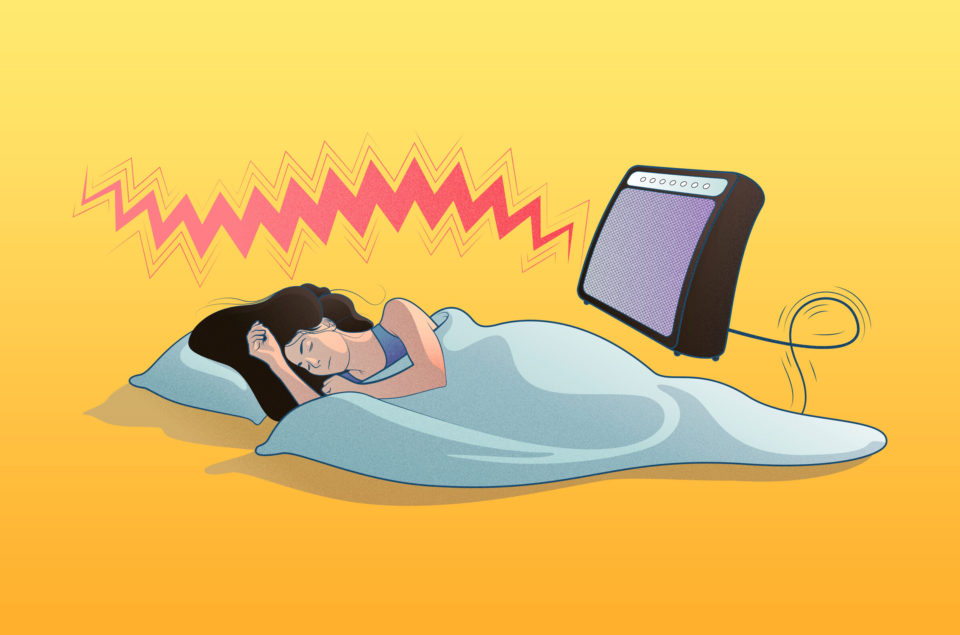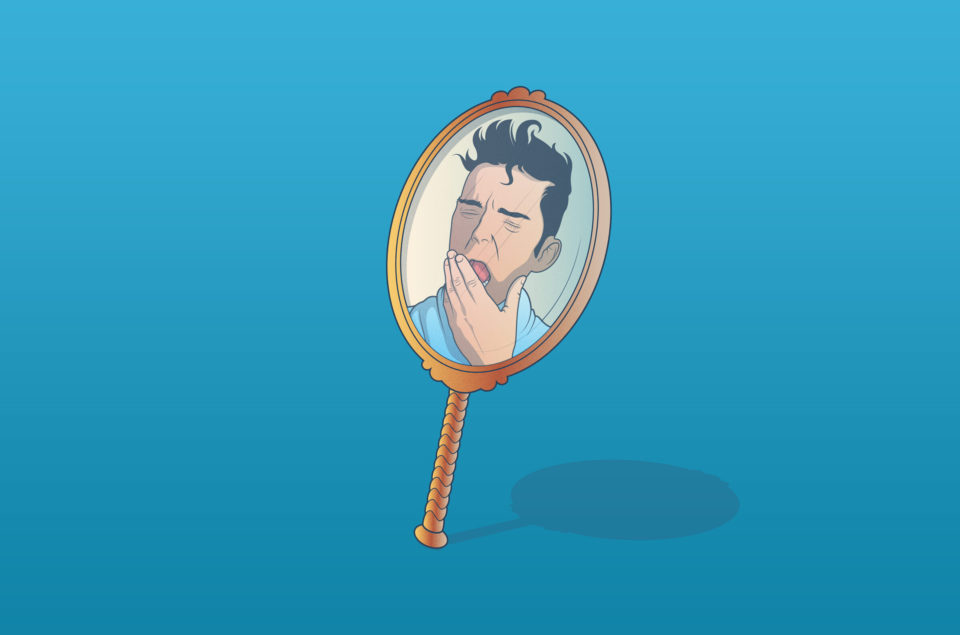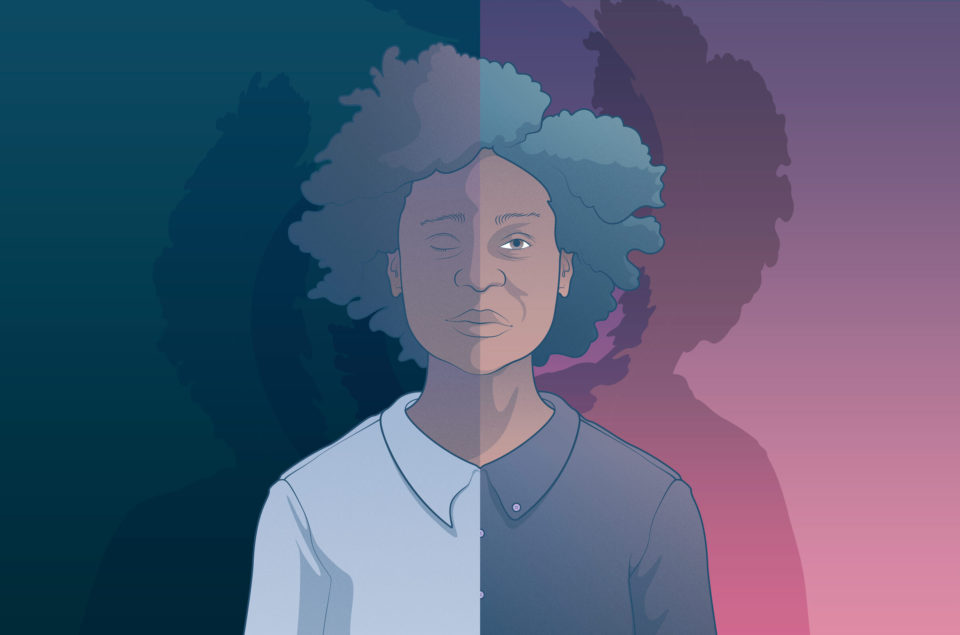‘Twas the night before Christmas and all through the house, not a creature was stirring, not even a…
While the classic Christmas story suggests that all is quiet on the night before Christmas, data from Sleep Cycle, the smart alarm clock, says otherwise.
Sleep Cycle is revealing new data around Americans’ sleep habits in the month of December, including how much they’re snoring, how much they’re sleeping, and if it affects their mood. This data is based on 166,097 U.S. app users.
Silent night? Not so much
Unlike the popular Christmas song states, December doesn’t bring “silent” nights, according to the new data.
On average, Americans snored 2.5 minutes more in December than the rest of the year (10.8 minutes vs 13.4 minutes). Additionally, every state recorded increased snoring in December.
Here’s how it all breaks down:
- Alaskans spent the most time snoring (19 minutes)
- Coloradans spent the least time snoring (10 minutes)
- Americans aged 55-74 snored the most
- Millennials (18-24 year olds) snored the least:
- Most snoring for 18-34: 9 minutes (AR, RI, SD, WV)
- Most snoring for 35-54: 27 minutes (AK)
- Most snoring for 55-74: 39 minutes (AK)
I’m dreaming of…
When it comes to how much people are sleeping, the data shows that people also spend more time in bed in December — 5 minutes longer —and sleep in 12 minutes later than the rest of the year.
Every state recorded longer sleep times in December, particularly Hawaii, Montana, New Mexico, South Dakota, West Virginia and Wyoming at 8 minutes. And every state—except Wyoming—had later bedtimes and wake up times (Wyoming kept the same bedtime).
The latest bedtimes were in New York at 12:13 a.m. and the earliest bedtimes were in Wyoming at 11:03 p.m. The latest average wake ups came from New Yorkers (7:42 a.m.) while Hawaiians were up earliest on average (6:49 a.m).
And while people are spending longer in bed, differences in wake up mood varied:
- The average wake up mood for all of the US over the past four years is 59%
- Wyomingites recorded the best wake-up moods in December at 63% and also have the biggest increase in wake up moods compared to the rest of the year (3.62%)
- Mainers woke up in the worst mood at 54%
- Delawareans saw the largest decrease in wake up mood compared to the rest of the year (-1.79%)
- Massachusettsans saw the no change in their wake up mood in December
“For many people, December is probably quite an eventful month, with many things happening that can potentially influence sleep. Not only is it common to sleep longer during the winter season, but December is also often filled with a variety of celebrations. Perhaps you feel like there is a lot to finish off at work before the ending of the year and a lot of preparations to be done for the holidays, increasing the stress and delaying bedtime and shifting your sleep timing. Evening gatherings with family and friends celebrating the holidays may get you into bed later, and perhaps you are more likely to drink a bit of alcohol in the evening. Drinking alcohol in the evening increases the risk of snoring during the night, as does nasal congestion from catching a cold. Gaining weight is another risk factor for snoring. Increased sedentary behavior in the winter in combination with a greater calorie intake can lead to weight gain, which may increase the likelihood of snoring,” says Frida Rångtell, PhD, Department of Neuroscience, Uppsala University, Sweden.










